The Power and Price of Learning in the Traditional Manner
I have spent nearly 25 years learning from various teachers in the fields of martial arts and traditional East Asian medicine. This 25 years has been a huge commitment of my time and finances. Most of this training has been done in what some may call an old fashioned manner. That is, spending time doing the basics and earning the trust and respect of the teachers. In the Oriental version of passing down knowledge from teacher to student, the student doesn’t get to ask questions or dictate the class but instead learns through constant observation, following directions, repetition, and osmosis. In both of these fields the student gains the power to do harm to others. In the martial arts, the teacher wants to be assured they are not passing on detrimental skills to somebody of the wrong mindset, who thinks little of harming the innocent and being detrimental to the wider community. In the medical field, the teacher needs to be assured the student will not misdiagnose or use damaging techniques to worsen a condition or create a previously non-existent problem. So much time is spent together before the teacher can decide whether to pass on the higher levels of the martial arts, or to allow a student to place needles into, and moxibustion to burn on, a patient.
In the modern era, East and West, there is the luxury of money and modern technology. Students think that they can get what they want, when they want, just because they have the finances. In Beijing, Master Wang Tong of Xing Yi Quan and Bagua Zhang fame, has refused to teach certain students because they believe paying a fee allows them to pick and choose what he teaches them. Grandmaster Henry Sue has turned down offers of thousands of dollars from people who wanted to bypass the general training and go straight to private lessons with him.
because they have the finances. In Beijing, Master Wang Tong of Xing Yi Quan and Bagua Zhang fame, has refused to teach certain students because they believe paying a fee allows them to pick and choose what he teaches them. Grandmaster Henry Sue has turned down offers of thousands of dollars from people who wanted to bypass the general training and go straight to private lessons with him.
With the technology of video and smart phones information can be obtained immediately and be kept on record for a student to use anytime or even to share it with others. Recording information can be a worthwhile exercise if the teacher deems it necessary and a help for someone’s learning. In many cases though, the students want to video information for free with no consideration of the years and dollars it took for their teacher to obtain that information. When asked if we could video some of our material in the late 90’s, Grandmaster Sue replied “I never videoed my training. If you want to learn and remember it, just train more.” To finish I’d like to share what Francois Lepine has to say about the idea of spending time learning something of great value in a long tradition of Asian culture.
“It is important to demonstrate your appreciation of the value in the sacred knowledge that you will acquire here. You must learn how to cherish this knowledge and understand that you must not give it freely to someone who might then destroy or mutilate it. This occult knowledge is too important to be treated as anything other than your most precious possession. You must keep it for yourself, and reveal it only when the seeker before you has shown signs of understanding and respect. There is a spiritual cost to revealing occult secrets of great value to someone before they have shown the mandatory respect. When a monk wanted to learn something from his Master, he had to work hard all day, and bring some food with him (to give the Master). Then, the Master would see that there was a balance in the exchange, and he would reveal some esoteric knowledge to the seeker. There must not be any abuse in this exchange. The exchange must be fair and balanced.” Francois Lepine – Qigong and Kuji-In, 2006


